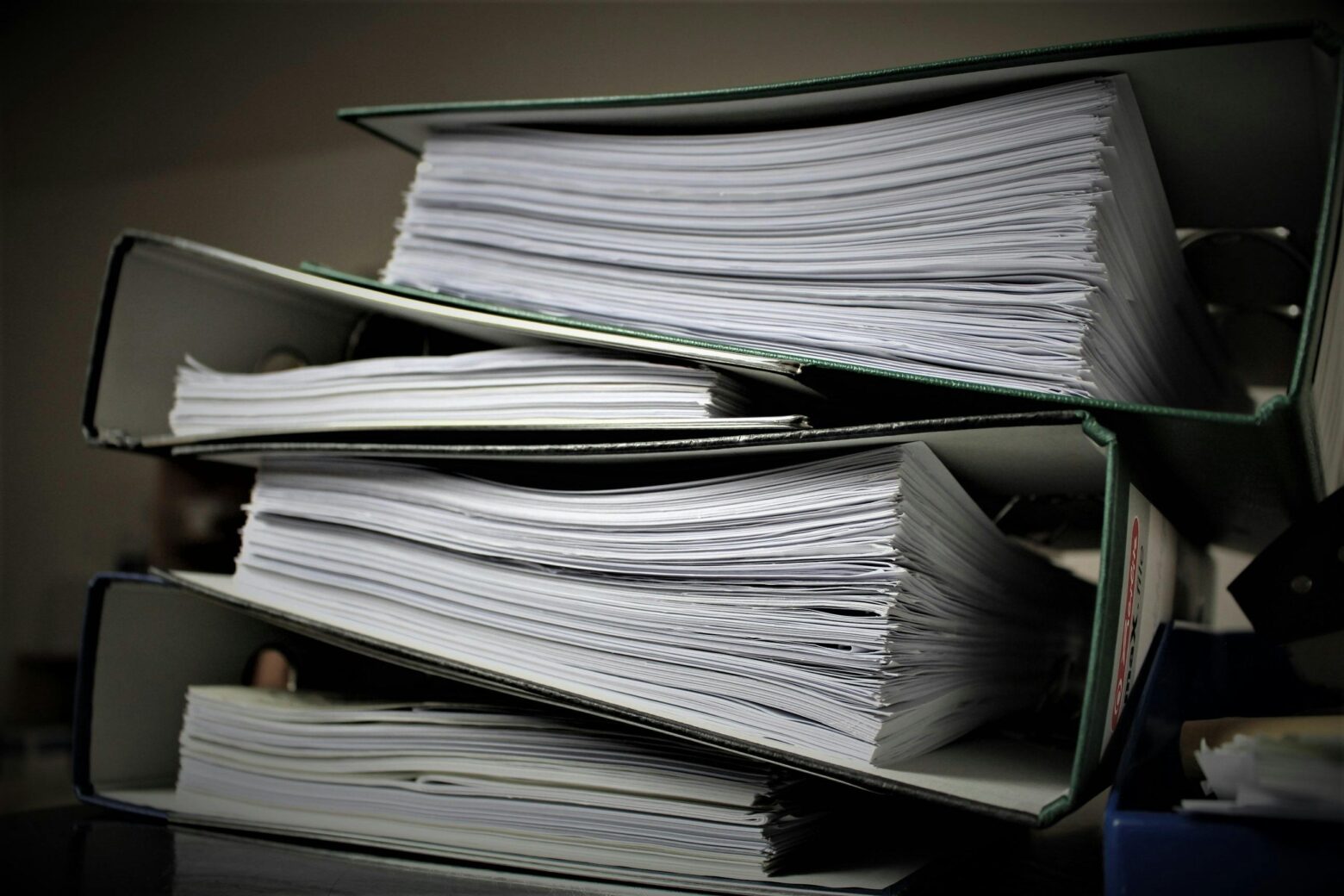First Line Software is a premier provider of software engineering, software enablement, and digital transformation services. Headquartered in Cambridge, Massachusetts, the global staff of 450 technical experts serve clients across North America, Europe, Asia, and Australia.
For years, airlines around the world have been striving to achieve higher levels of customer satisfaction by reducing the frequency of mishandled baggage. While the annual cost of lost bags is significant – $2 billion, there is also the loss of revenue and customer loyalty that occurs when customers have a negative experience and choose another carrier when booking future travel.
Just like other industries, the airline sector needed to focus on orchestrating a digital transformation of the traveler experience. By developing technology solutions to improve how bags are handled – from check-in to loading to delivery at destination airports or transfers to another flight – the customer experience of the future could be improved.
On June 1, 2018, IATA Resolution 753, by the International Air Transport Association (IATA), went into effect. IATA is the trade association for the world’s airlines which represents 290 airlines and equates to 82% of total air traffic around the world.
IATA Resolution 753 is focused on improving baggage tracking by encouraging airlines to reduce the mishandling of baggage by implementing cross-industry tracking for every baggage journey. It declares that airlines must track passenger baggage at four specific points in the baggage journey: at check-in when baggage is being loaded onto a flight, upon arrival of the flight, and when baggage is being transferred to another flight. The biggest challenge airlines and airports face is scanning baggage at the point of transfer and on arrival since these areas of an airport previously did not require baggage scanning capabilities.
Not only does improved baggage handling improve the customer experience, but it also facilitates heightened security with the live-tracking of baggage throughout the journey. Reuniting baggage with its owner pays high dividends to airlines in terms of customer loyalty. While passengers may initially be upset about being separated from their bags, once their bags are returned, some of the stress is relieved.
A number of IT companies specialize in developing software to manage baggage for the world’s airlines. One company in particular, global air transport IT provider, SITA, has developed BagJourney, a leading technology that is helping the airline industry meet the requirements of IATA Resolution 753 and more.
The airline, a member airline of the global airline alliance Oneworld, decided to go beyond meeting the requirements of IATA Resolution 753 and introduce the capability for individual travelers to track the progress of their own baggage on lights in real-time.
First Line Software was selected to perform the software development based on their substantial experience across logistics, tracking, mobile development, digital transformation, and other relevant expertise. The functionality for this digital service was developed through an agreement with SITA since this digital service utilizes the BagJourney baggage handling technology.
Senior PM/Head of Customer Experience Systems had this to say: “We decided to work with First line Software because we were looking for a strong partner with a high level of professionalism, which was clearly demonstrated by them during the nearly 2 years of our cooperation.”
The digitalization of baggage handling and tracking is a giant step forward for the member airlines of IATA to improve the customer experience, increase security and enjoy tremendous savings from the reduced number of delayed or lost baggage.
If you’d like to explore partnering with First Line on your digitalization project, contact us today.


 Clinovera
Clinovera




